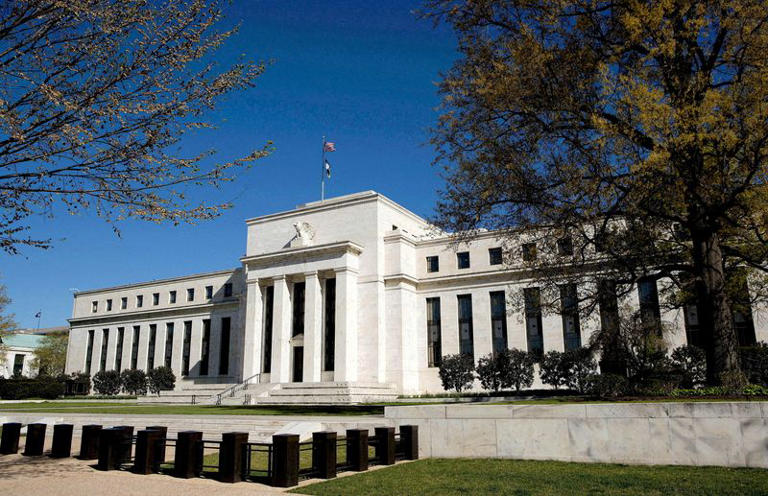European stock markets showed signs of recovery on Wednesday, following a period of volatility, as traders reacted positively to data indicating a slowdown in inflation. The markets were hopeful that U.S. inflation data, which was due to be released later in the session, might also reveal softer trends, further supporting the recent gains.
In early trading, the MSCI World Equity Index increased by 0.3%, reaching its highest level in 12 days. This uptick reflects a broader positive sentiment in the global equity markets. The STOXX 600, a key European index, advanced by 0.4%, while the London FTSE 100 saw a gain of 0.5%. This rise followed data showing that British inflation for July was lower than expected, providing a boost to market confidence.
The recent rally in European shares comes after last week’s global market sell-off, which had been driven by rising recession fears and concerns about the potential for rapid interest rate cuts by the U.S. Federal Reserve. The sell-off was further complicated by shifts in currency markets and unexpected policy moves by central banks, including a surprise rate hike by the Bank of Japan. These factors had exacerbated market instability and led to heightened caution among investors.
In addition to positive inflation data, a strong performance by UBS contributed to the upbeat mood in European markets. UBS shares surged approximately 2.9% after the Swiss bank reported a net profit of $1.1 billion for the second quarter, surpassing analyst forecasts. This better-than-expected performance provided a welcome boost to market sentiment and highlighted the resilience of some sectors amid broader economic uncertainties.
Asian markets had a mixed response. In Japan, the Nikkei index and the Japanese yen experienced fluctuations following the announcement that Prime Minister Fumio Kishida would step down next month. Despite this political uncertainty, Asian equities overall managed to recover from recent losses, supported by the broader positive trend in global markets.
Attention is now turning to the U.S. inflation data, which is scheduled for release at 12:30 GMT (8:30 a.m. ET). The data is anticipated to be crucial for determining the Federal Reserve’s next steps regarding interest rates. Market expectations are split, with traders estimating a 52.5% probability of a 50 basis point rate cut and a 47.5% chance of a 25 basis point cut at the Fed’s September meeting. The outcome could significantly impact financial markets and influence future investment strategies.
In the U.S., Treasury yields remained relatively stable, with the 10-year yield holding at 3.8522%. This stability followed a drop in yields due to Tuesday’s producer price index data, which indicated that inflation pressures might be easing. European government bond yields were slightly higher, with the German 10-year yield rising by 2 basis points to 2.199%. These movements reflect investor caution as they await further economic data.
In currency markets, the dollar index remained unchanged at 102.49, while the euro appreciated by 0.2%, reaching $1.102, its highest level since January 2. This rise in the euro reflects a shift in investor sentiment and broader economic trends in the Eurozone.
Commodity markets also saw notable activity. Oil prices increased as expectations of shrinking U.S. crude and gasoline inventories supported market sentiment. Brent crude futures rose by 0.8% to $81.30 per barrel, and U.S. West Texas Intermediate crude gained 0.8% to $78.98 per barrel. These increases in oil prices come amid ongoing geopolitical concerns, including the potential for escalation in the Israel-Gaza conflict, which could impact global oil supplies.
Gold prices, considered a safe-haven asset, also saw an increase, trading 0.4% higher at $2,474.19 per ounce. This rise reflects continued investor interest in precious metals as a hedge against economic uncertainties.
Overall, European markets are cautiously optimistic, buoyed by positive economic data and a recovery in global equities. As traders await key U.S. inflation data, the focus remains on how central bank policies will evolve and their potential impact on financial markets.
